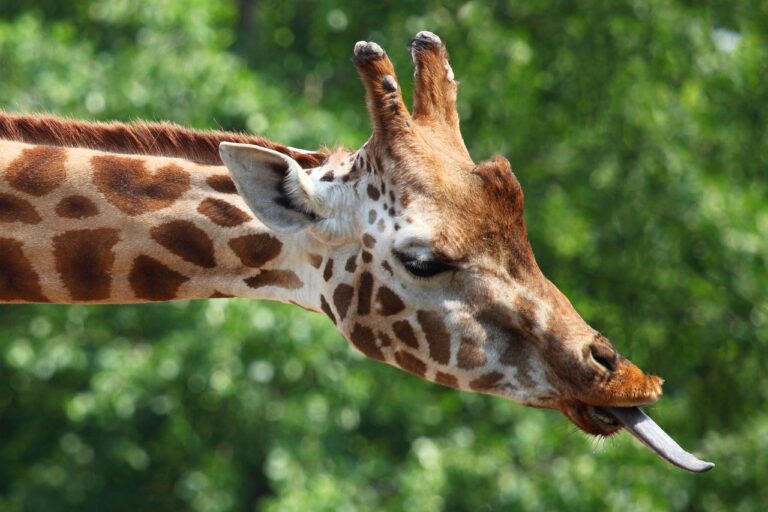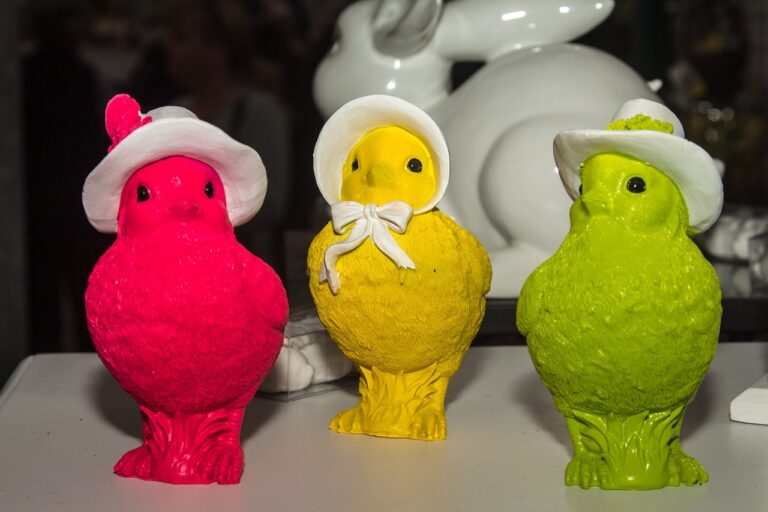The Influence of Music Festival Trends on Emerging Music Genres and Subcultures
11xplay pro, tiger 247 login, betbook:The Influence of Music Festival Trends on Emerging Music Genres and Subcultures
Music festivals have become a significant cultural phenomenon in recent years, attracting millions of music lovers from all over the world. These events are not only an opportunity for fans to see their favorite artists live but also a breeding ground for emerging music genres and subcultures. The trends seen at music festivals can have a profound influence on the direction of music as a whole, shaping the sounds and styles that will dominate the airwaves in the coming years.
In this blog post, we will explore how music festival trends impact the development of new music genres and subcultures, and how these trends can shape the future of the music industry.
The Rise of Electronic Dance Music (EDM)
One of the most significant trends to emerge from music festivals in recent years is the rise of Electronic Dance Music (EDM). EDM has become a dominant force in the music industry, with artists like Calvin Harris, Skrillex, and Avicii selling out stadiums and topping the charts. The popularity of EDM can be traced back to its roots in the electronic music scene at music festivals like Electric Daisy Carnival and Tomorrowland.
The high-energy, immersive experience of EDM sets at music festivals has captured the hearts of fans around the world, leading to a surge in popularity for the genre. The accessibility of electronic music production tools like Ableton Live and FL Studio has also played a role in the rise of EDM, allowing anyone with a computer and a dream to create their own tracks and remixes.
As EDM continues to evolve and expand, it has spawned subgenres like trap, dubstep, and future bass, each with its own unique sound and style. These subgenres have developed their own dedicated fan bases and subcultures, with festivals like Ultra Music Festival and Electric Forest featuring stages dedicated to specific genres within the EDM umbrella.
The Impact of Indie and Alternative Music
While EDM has dominated the festival scene in recent years, indie and alternative music have also played a significant role in shaping the landscape of music festivals. Bands like Arcade Fire, Tame Impala, and Arctic Monkeys have headlined major festivals like Coachella and Glastonbury, bringing their unique blend of rock, pop, and electronic music to a global audience.
The DIY ethos of indie and alternative music has resonated with fans who are looking for authenticity and originality in their music. This has led to the rise of indie festivals like Pitchfork Music Festival and End of the Road, which showcase up-and-coming artists alongside established acts in an intimate, community-focused setting.
Indie and alternative music festivals have also provided a platform for marginalized voices in the music industry, including LGBTQ+ artists, artists of color, and women. By featuring diverse lineups and promoting inclusivity, these festivals have helped to create a more equitable and representative music scene.
The Fusion of Genres and Soundscapes
As music festivals have grown in popularity and diversity, they have become breeding grounds for experimentation and innovation in music. Artists are no longer constrained by traditional genre boundaries, instead blending elements of different styles and cultures to create new, groundbreaking sounds.
This fusion of genres and soundscapes has led to the emergence of alternative R&B, psychedelic pop, and experimental hip-hop, among other genres. Artists like FKA twigs, Unknown Mortal Orchestra, and Flying Lotus have pushed the boundaries of what is possible in music, drawing inspiration from a wide range of influences to create fresh, innovative tracks.
Music festivals have played a crucial role in championing these experimental genres, providing a platform for artists to showcase their boundary-pushing work to a receptive and open-minded audience. Festivals like Primavera Sound and Coachella have become known for their eclectic lineups, featuring a diverse mix of artists from different backgrounds and genres.
The Role of Fashion and Aesthetics
In addition to music, fashion and aesthetics have also played a significant role in shaping emerging music genres and subcultures at music festivals. The clothing and style choices of artists and fans can help to define the visual identity of a genre or subculture, influencing everything from album artwork to music videos to stage design.
For example, the punk and grunge movements of the 1980s and 1990s were characterized by their DIY approach to fashion, with ripped jeans, leather jackets, and band t-shirts becoming iconic symbols of rebellion and nonconformity. Similarly, the rise of the hip-hop and streetwear scenes in the 2000s and 2010s has been marked by a focus on luxury brands like Supreme, Off-White, and Gucci, as well as a resurgence of vintage styles from the 1990s.
At music festivals, fans often take inspiration from their favorite artists when putting together their festival outfits, creating a sense of unity and belonging within the crowd. Festivals like Afropunk and Electric Daisy Carnival have become known for their vibrant and eclectic fashion scenes, with attendees expressing themselves through bold colors, patterns, and accessories.
The Future of Music Festivals and Emerging Genres
As music festivals continue to evolve and grow, they will play an increasingly important role in shaping the future of music genres and subcultures. The democratization of music production tools and platforms like SoundCloud and Bandcamp has made it easier than ever for artists to share their work with a global audience, leading to a proliferation of new genres and styles.
Festivals will continue to serve as incubators for emerging artists and trends, providing a platform for avant-garde experimentation and creative expression. By bringing together fans from diverse backgrounds and musical tastes, festivals can help to break down barriers and foster a sense of community and collaboration within the music industry.
As we look to the future, it is clear that music festivals will remain a driving force in the development of new music genres and subcultures. By embracing diversity, innovation, and inclusion, festivals can help to create a more vibrant and dynamic music scene for artists and fans alike.
FAQs
Q: How do music festivals impact the development of new music genres?
A: Music festivals provide a platform for emerging artists to showcase their work to a diverse and receptive audience, helping to elevate new genres and styles to mainstream recognition.
Q: What role do fashion and aesthetics play in shaping music festival trends?
A: Fashion and aesthetics can help to define the visual identity of a music genre or subculture, influencing everything from album artwork to stage design to fan fashion choices.
Q: Why are music festivals important for the growth of the music industry?
A: Music festivals bring together artists, fans, and industry professionals in a shared celebration of music and culture, fostering collaboration and creativity within the industry.
Q: How can fans support emerging artists and genres at music festivals?
A: Fans can support emerging artists by attending their shows, buying their music and merchandise, and spreading the word about their work to friends and followers.
Q: What can artists do to stand out in the crowded music festival landscape?
A: Artists can stand out by focusing on their unique sound and style, creating a compelling live show, and engaging with fans on social media and other platforms.
Q: What are some emerging music genres and subcultures that have gained popularity at music festivals in recent years?
A: Some emerging genres and subcultures include experimental hip-hop, alternative R&B, psychedelic pop, and future bass, among others, each with its own distinct sound and style.
In conclusion, music festivals play a crucial role in shaping the future of the music industry by providing a platform for emerging artists, genres, and subcultures to thrive. By embracing diversity, innovation, and inclusivity, festivals can help to create a vibrant and dynamic music scene that reflects the diverse tastes and perspectives of fans worldwide. As we look to the future, music festivals will continue to be a driving force in the evolution of music and culture, shaping the sounds and styles that will define the next generation of artists and fans.







